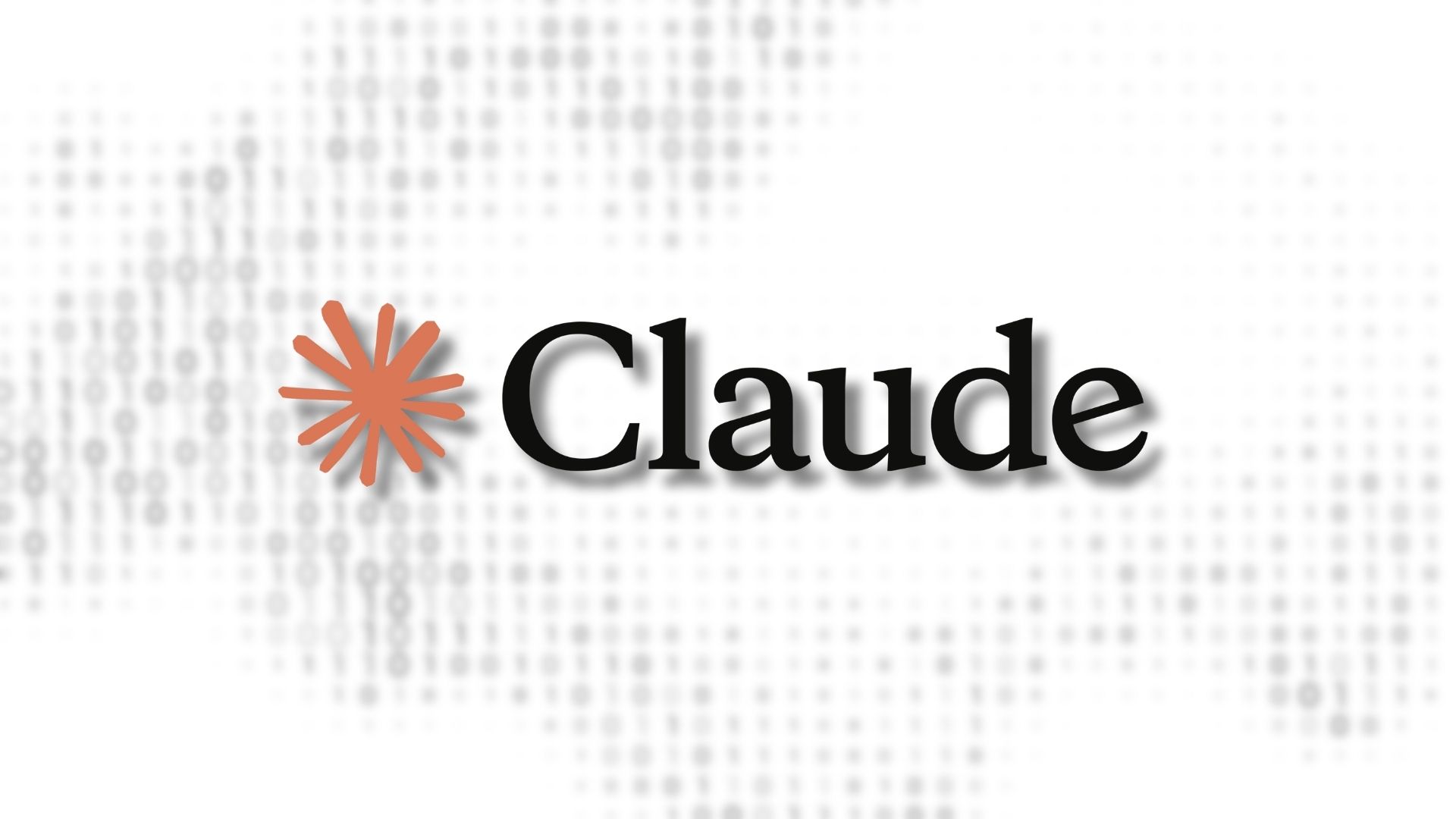Anthropic’s official announcement emphasises that Claude will not carry advertising or ad-influenced content within conversations, positioning the AI assistant as a trusted and distraction-free ‘space to think’ for tasks ranging from deep thinking and research to work and personal problem-solving.
The company argues that AI interactions differ fundamentally from search or social media, as users often share context-rich, sensitive information where commercial incentives could conflict with genuinely helpful responses.
In the post, Anthropic explains that while ads have a clear place in many digital products, introducing them into conversational AI would compromise usefulness and trust.
Instead, the company plans to generate revenue through enterprise contracts and paid subscriptions, continuing to invest in product improvements, integrations with third-party tools (e.g., Figma, Asana), and broader access initiatives, all without monetising attention or engagement directly.
The statement also notes that Claude’s conversation data is kept private and anonymous, and that ads could skew model incentives toward engagement metrics rather than solving user problems effectively.
Anthropic positions this approach as central to preserving Claude’s role as a dedicated thinking and productivity assistant.
Would you like to learn more about AI, tech and digital diplomacy? If so, ask our Diplo chatbot!










